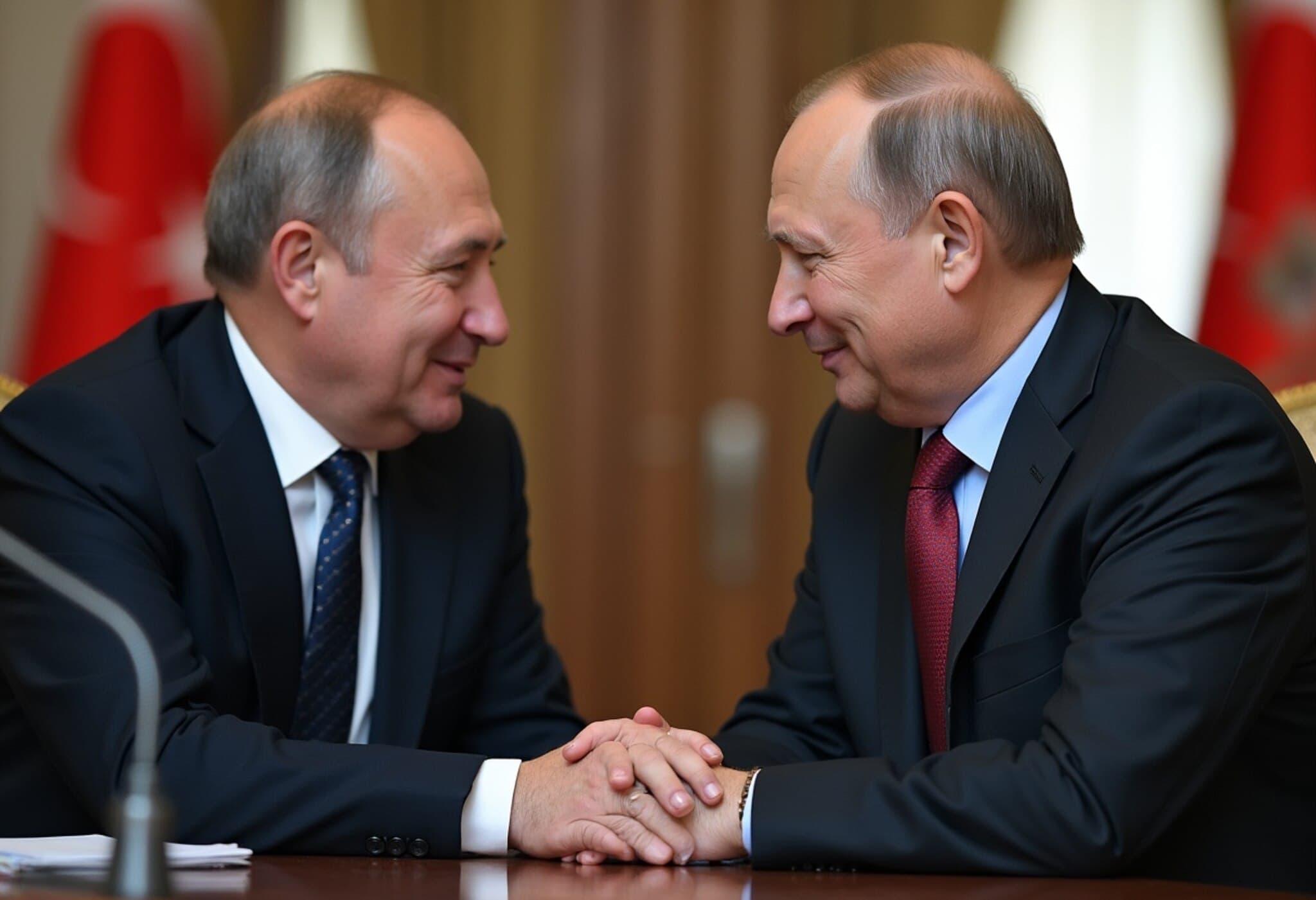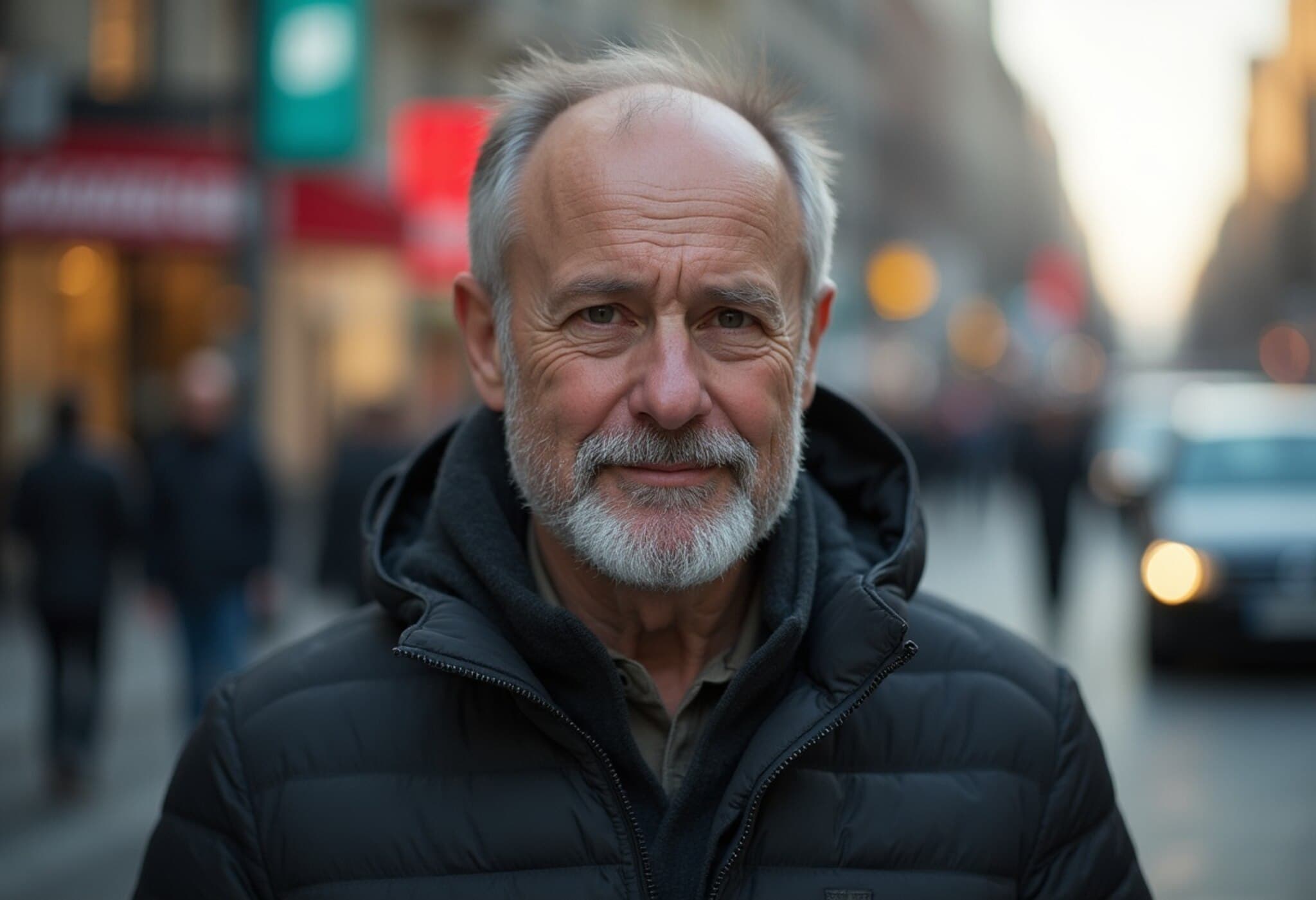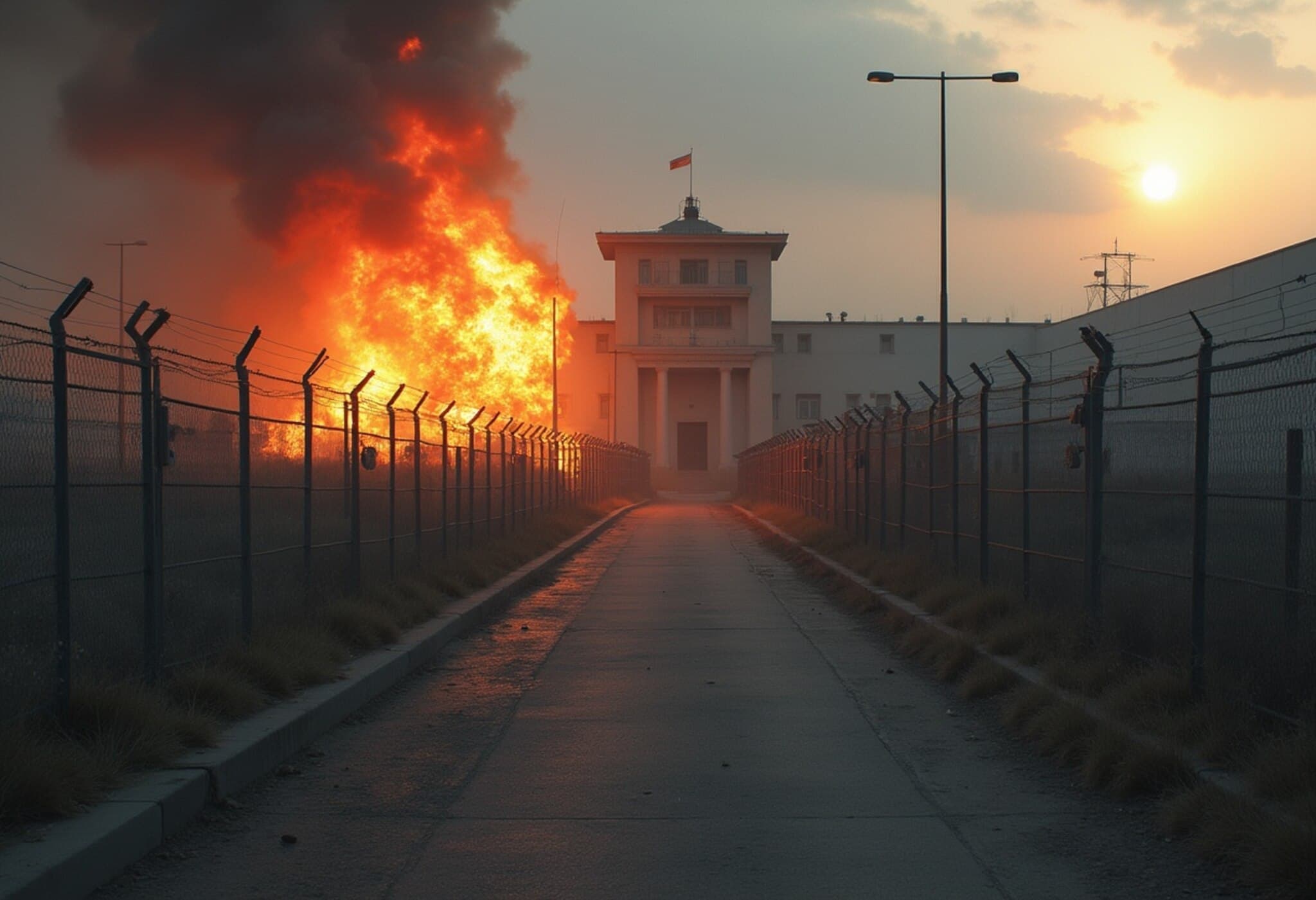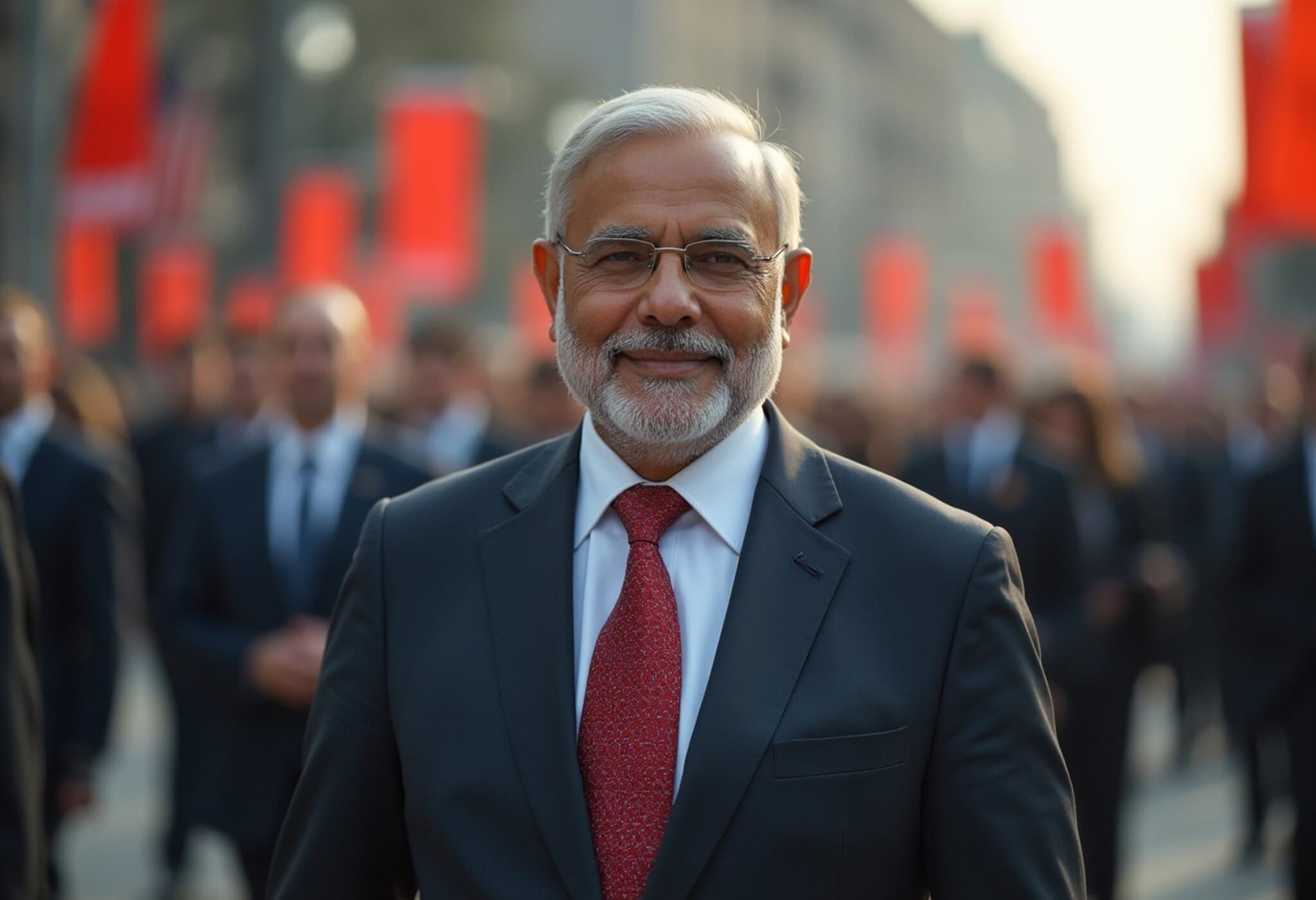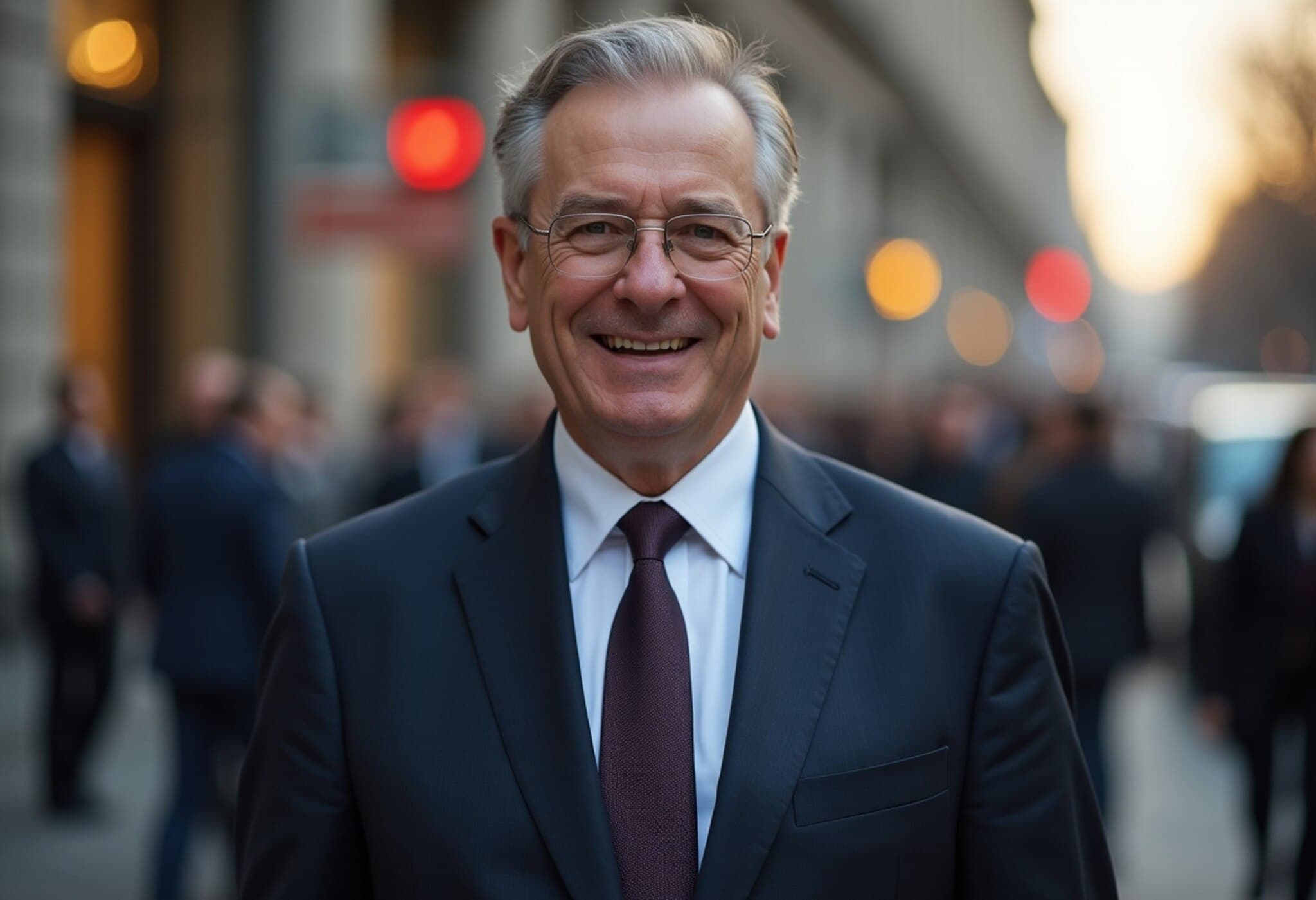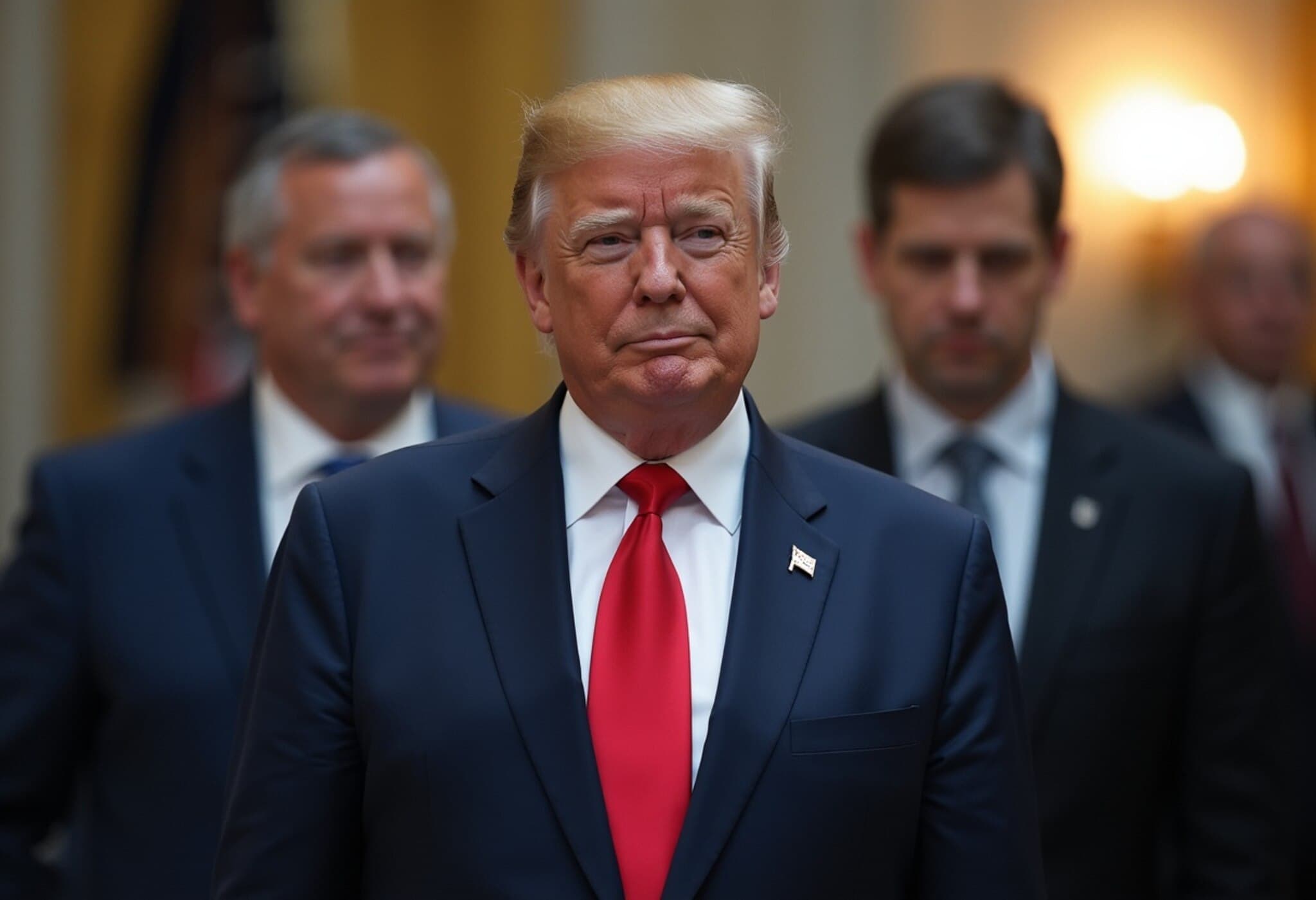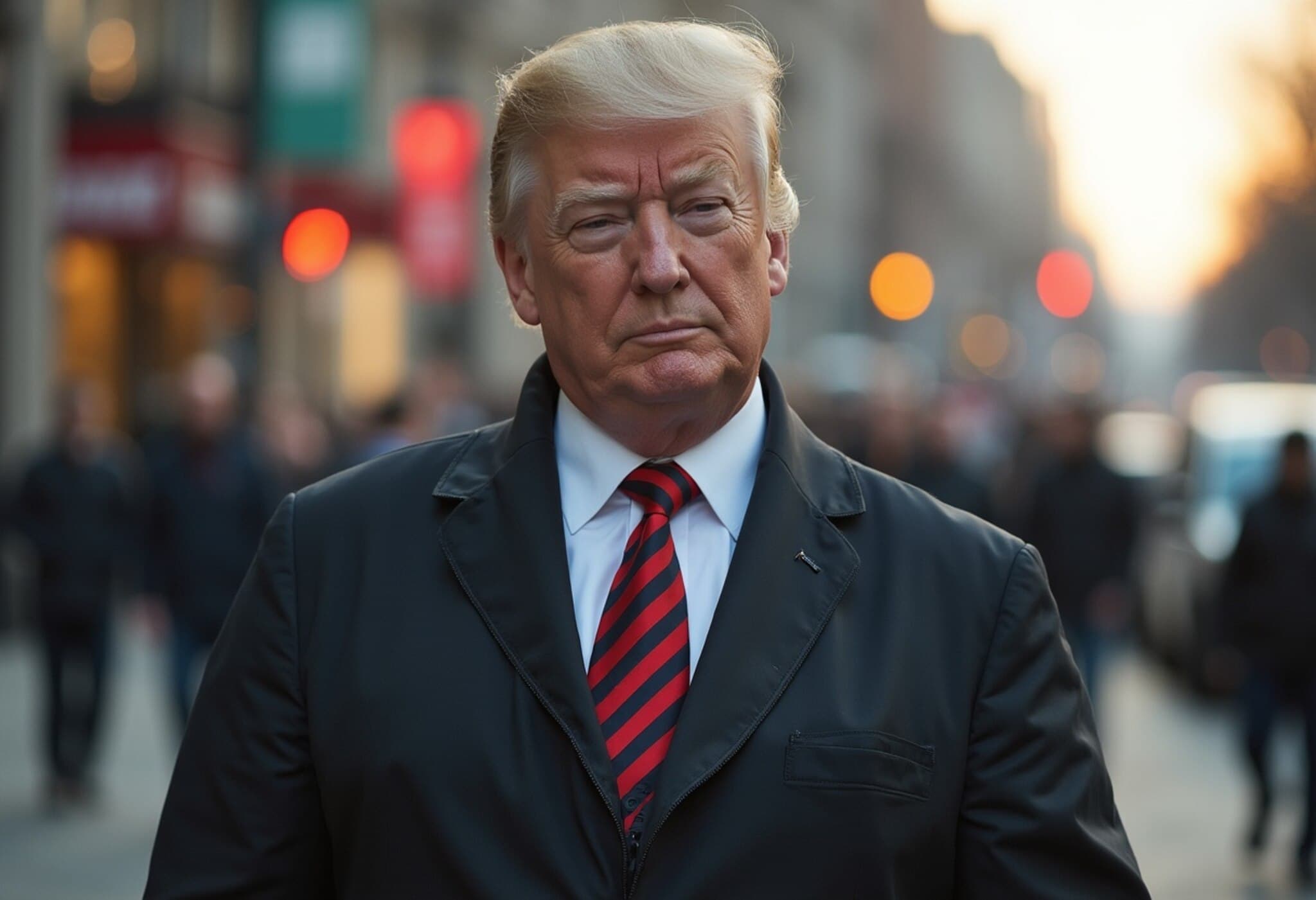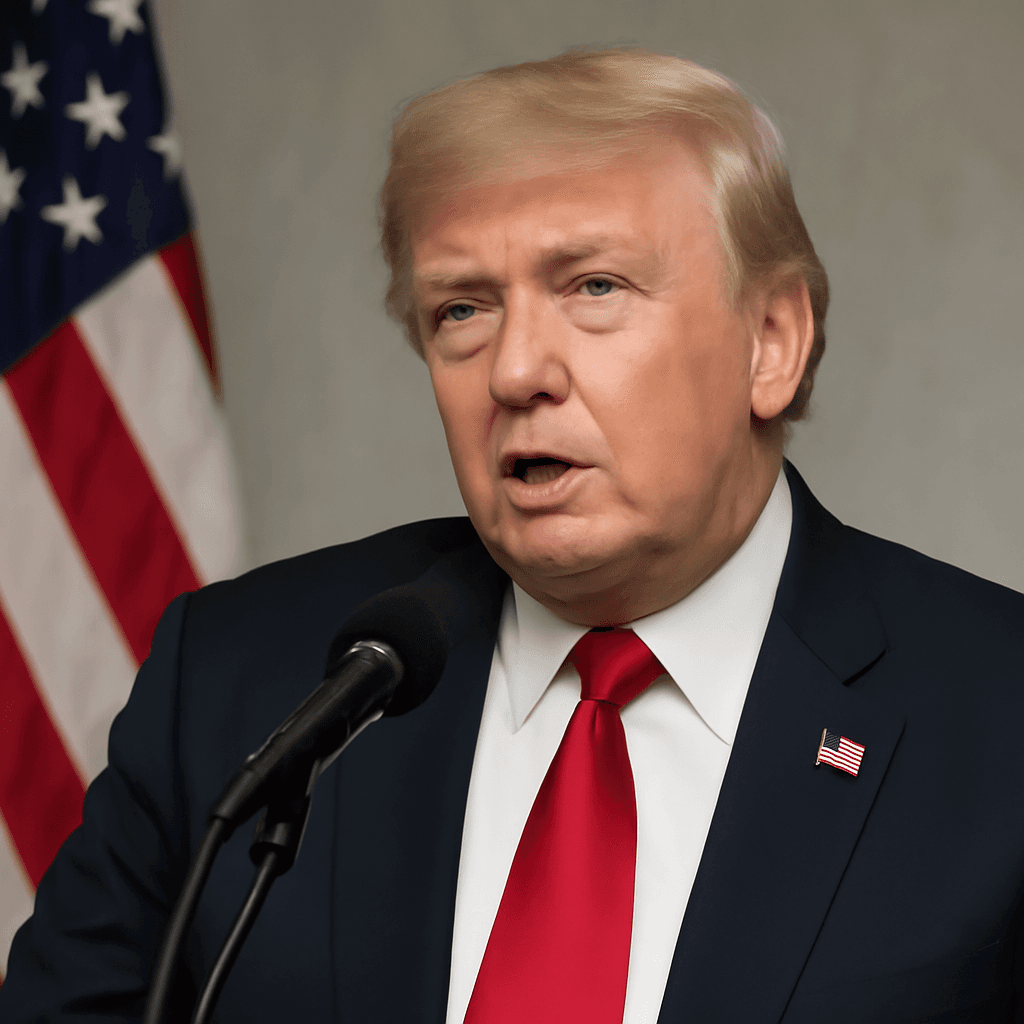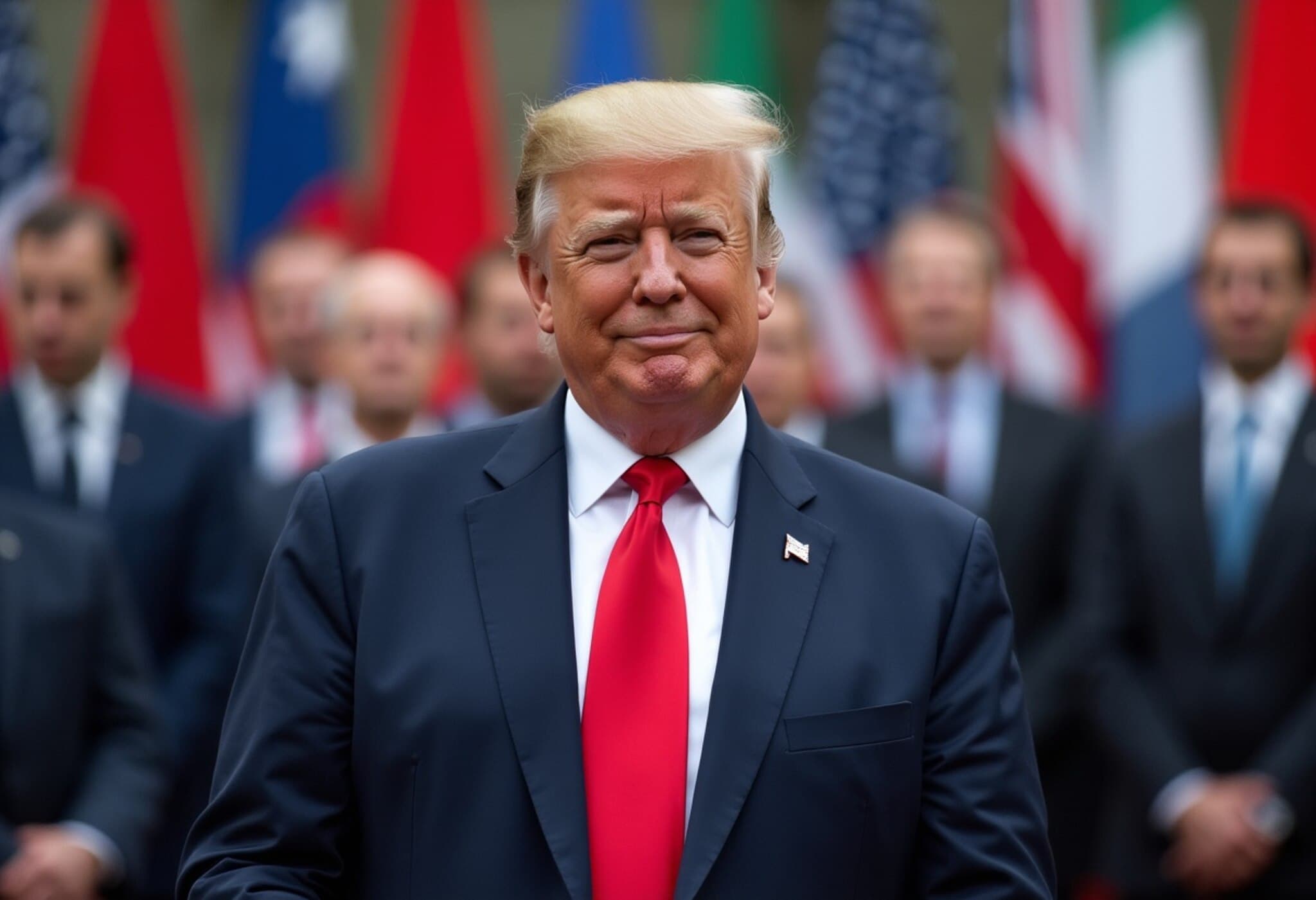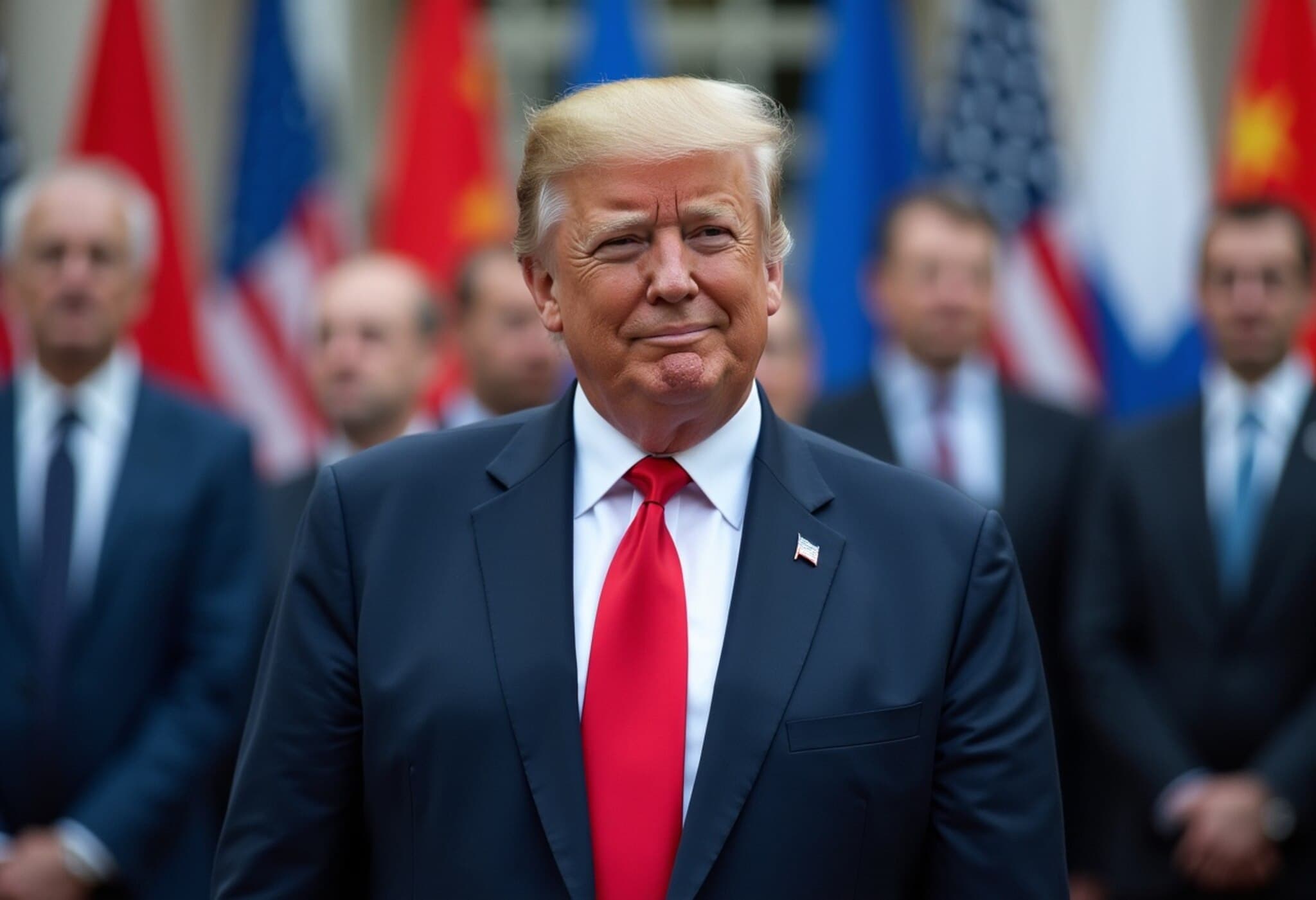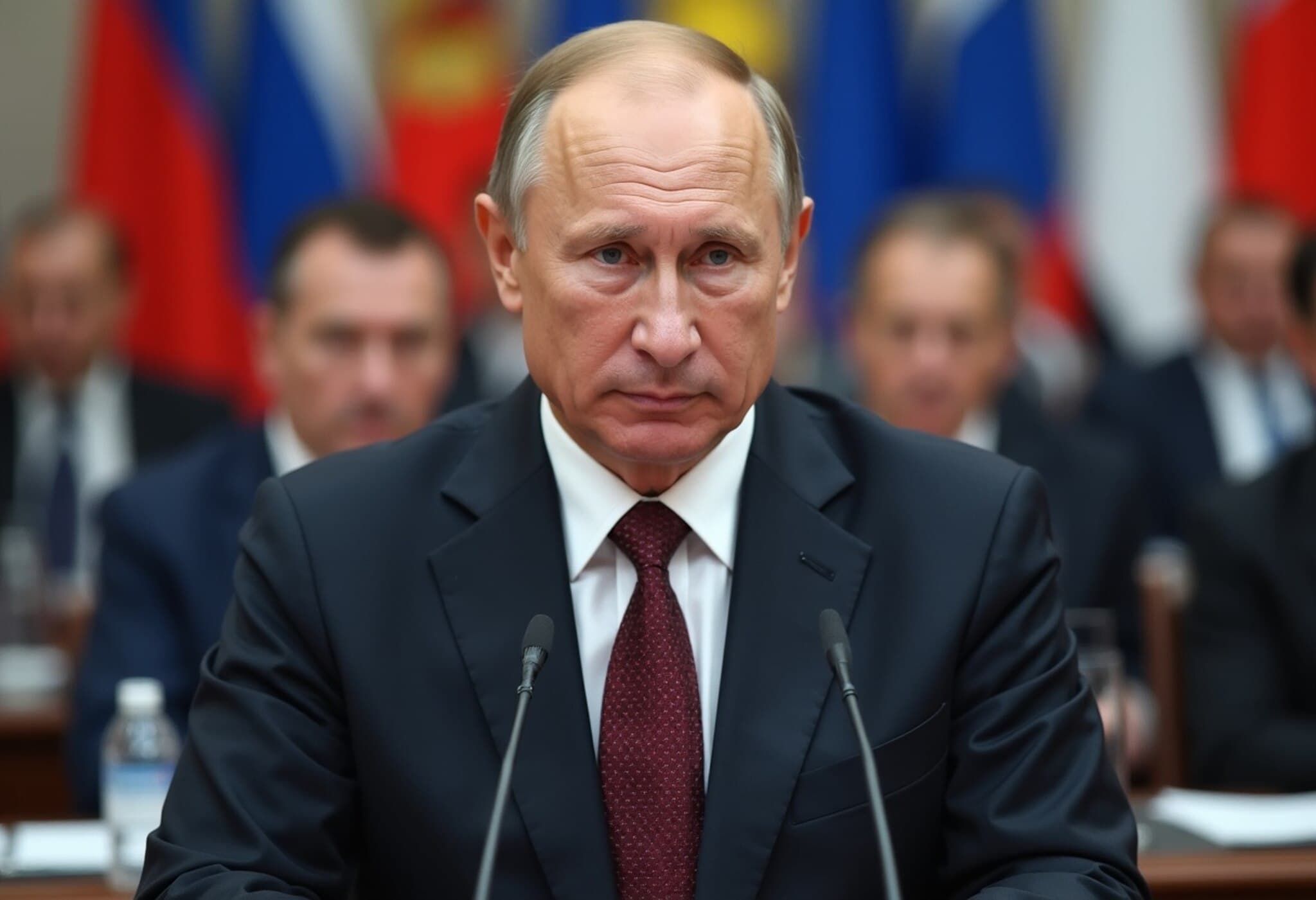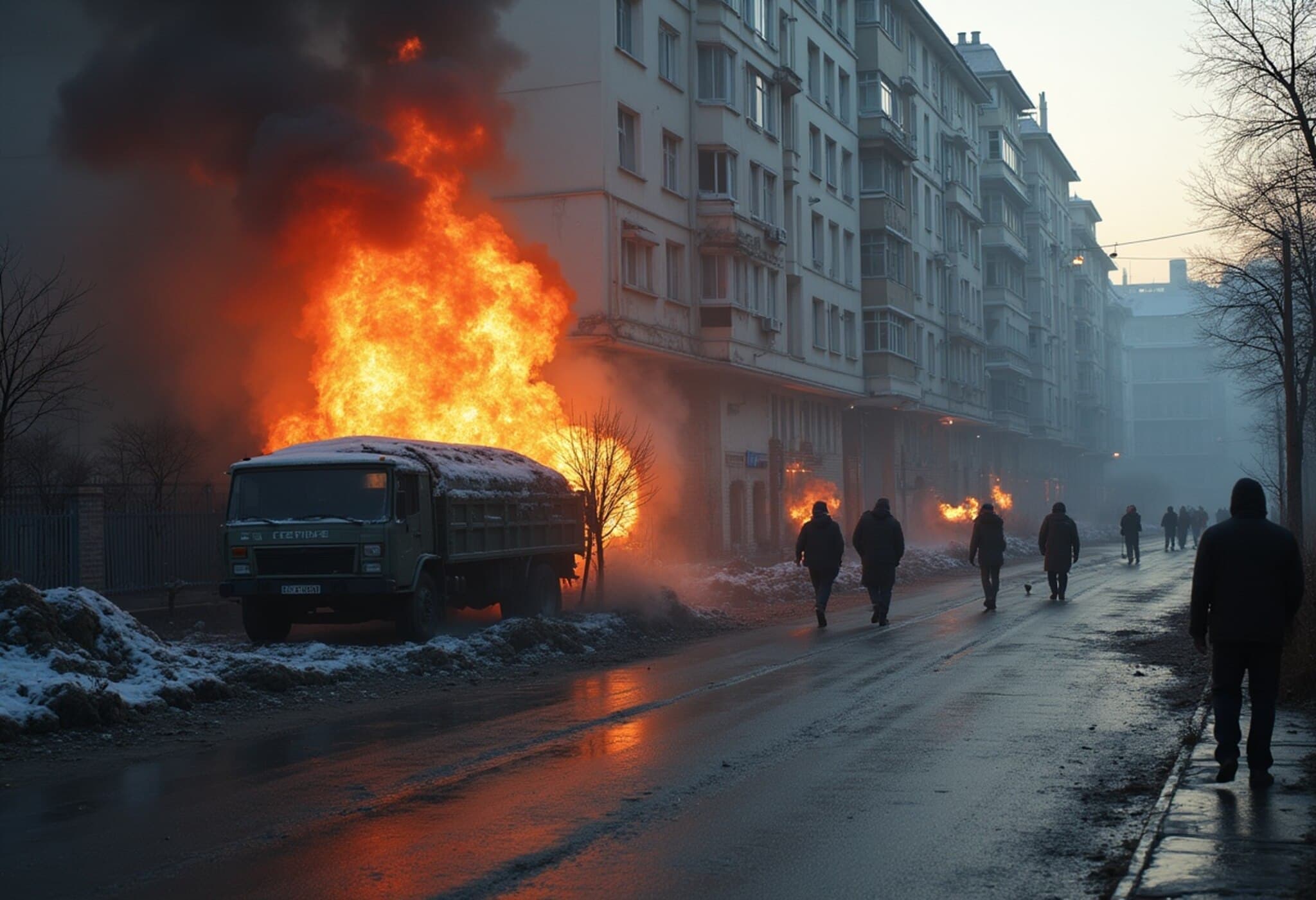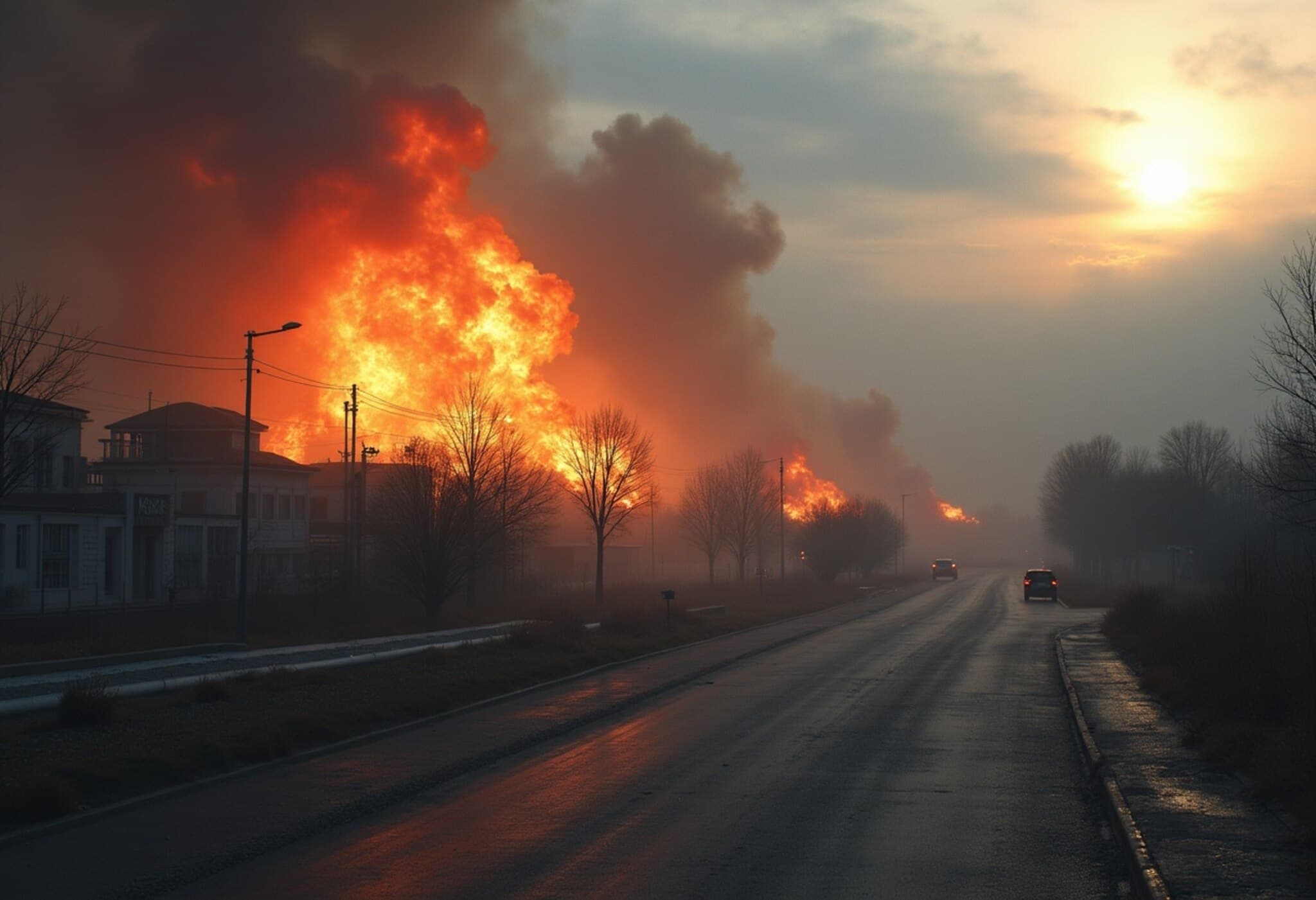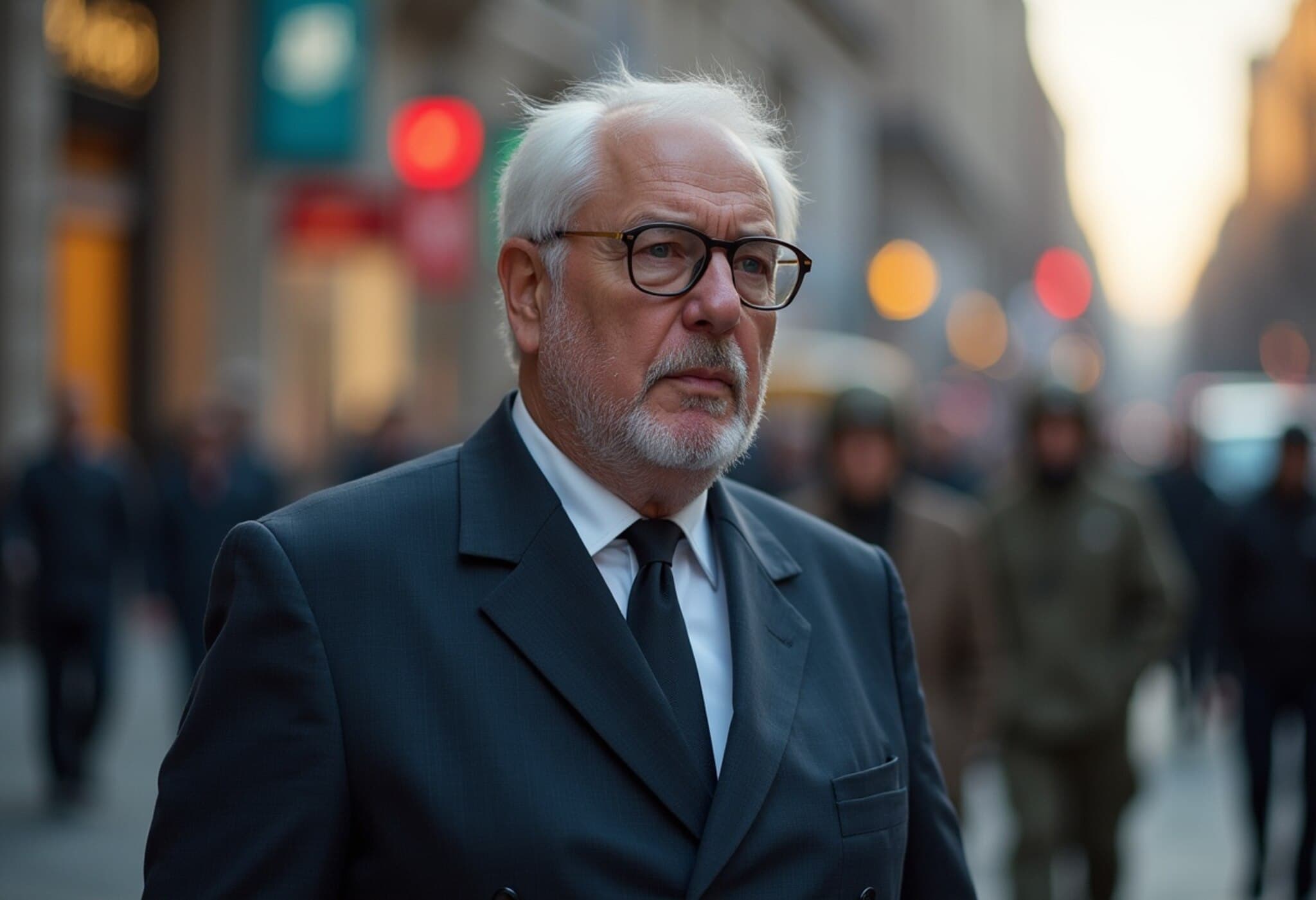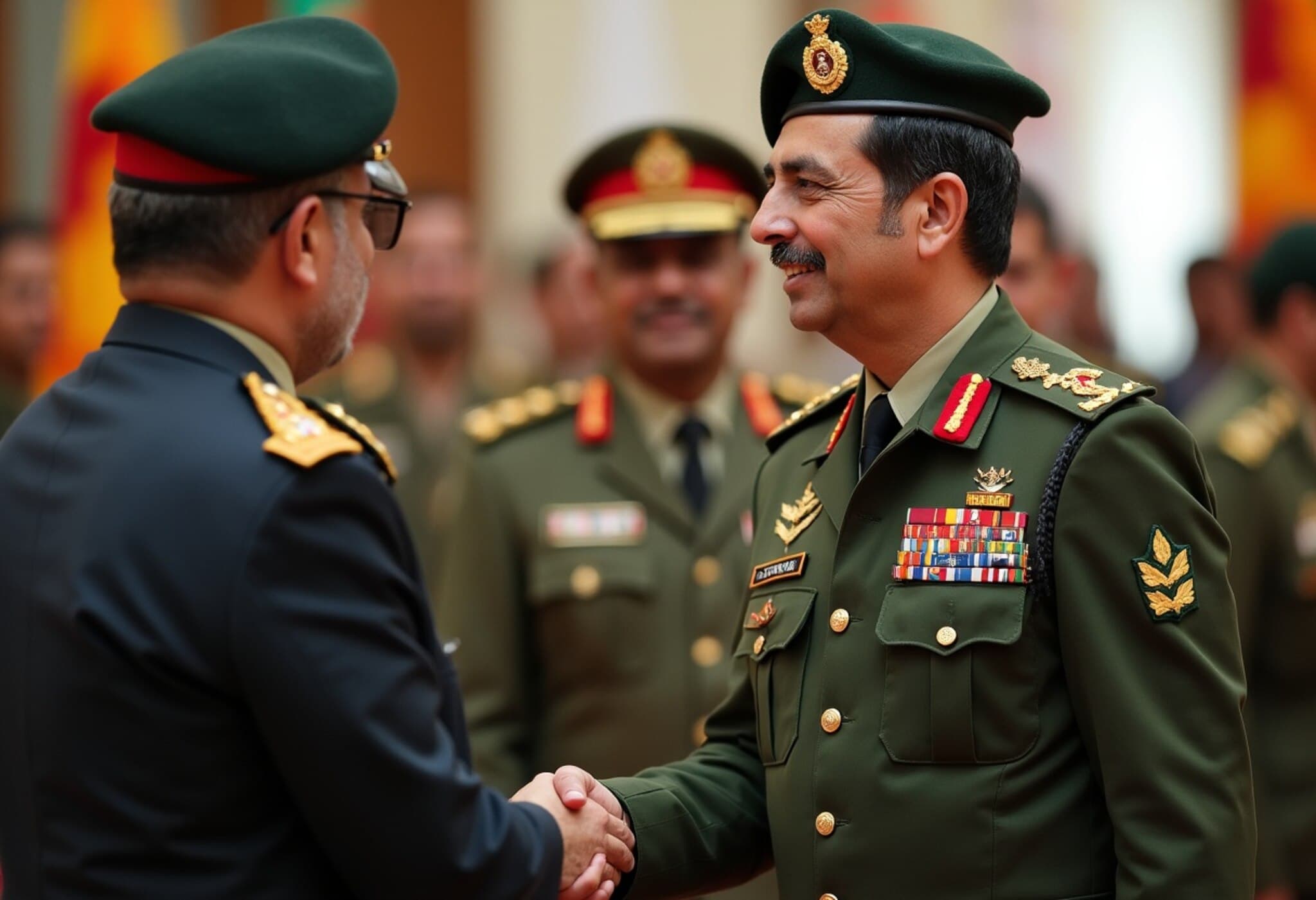Kremlin Cautions Against Expecting Breakthroughs in Ukraine-Russia Peace Talks
As the third round of direct negotiations between Ukrainian and Russian delegations commenced in Turkey, the Kremlin made it clear that hopes for a swift or miraculous resolution to the ongoing conflict remain unrealistic. This diplomatic engagement unfolds amidst a backdrop of heightened military activity by Russia, including intensified aerial bombardments and territorial advances.
Russia’s Measured Approach Underscores Skepticism
Kremlin spokesperson Dmitry Peskov tempered expectations ahead of the talks, stating, “No one should expect any breakthrough in the category of miracles.” He emphasized that, from Moscow’s perspective, these discussions are far less about compromise and more focused on safeguarding Russia's original goals. “We intend to pursue our interests, we intend to ensure our interests and fulfill the tasks that we set for ourselves from the very beginning,” Peskov remarked, underscoring Russia's commitment to maximalist demands.
Furthermore, Peskov refrained from providing any concrete timeline for a potential peace agreement, reinforcing the Kremlin’s stance that the road ahead will be arduous. “No one expects an easy road. It will be very difficult,” he added.
Delegation Dynamics Reflect Strategic Messaging
Intriguingly, the Kremlin dispatched Vladimir Medinsky, a relatively low-ranking official, to lead the Russian delegation, signaling a deliberate downplaying of the talks’ significance. In contrast, Ukraine appointed Rustem Umerov—formerly defense minister and current security council secretary—to head their team, demonstrating Kyiv’s greater diplomatic investment in the process.
Key Issues on the Agenda: Seeking Small Victories Amidst Conflict
Given the entrenched positions and recent escalations, both sides are realistically targeting achievable objectives rather than sweeping agreements. Major breakthroughs remain elusive, but negotiating humanitarian matters such as the repatriation of hostages, prisoners of war, and the return of children abducted during the conflict represents potential stepping stones.
President Volodymyr Zelenskyy has highlighted these focal points, emphasizing the importance of these discussions in setting the stage for a future leaders’ summit.
Challenges Within Ukraine Compound External Pressures
This round of talks comes at a sensitive time for Ukraine internally. Recently passed legislation perceived to undermine the independence of anti-corruption bodies has sparked protests in Kyiv, including at sites near the presidential office. Though President Zelenskyy justified the law as necessary for keeping Russian intelligence out of these agencies, critics both inside Ukraine and from the European Union voice concerns that it may jeopardize Kyiv’s reform trajectory and its aspirations for EU membership.
Expert Analysis: The Larger Implications of the Talks
From a strategic standpoint, these negotiations appear more a formal gesture than a genuine peace initiative. Russia’s choice of delegation head signals reluctance to fully engage, while Ukraine’s focus on humanitarian issues reveals a pragmatic approach to maintaining international support and domestic morale. The war’s intensification even as talks proceed suggests that both sides are hedging their bets—military gains remain a priority should diplomacy falter.
Moreover, the internal political turbulence in Ukraine adds a layer of complexity. Maintaining anti-corruption reforms is critical not only for EU integration prospects but also to uphold Western backing, which is vital for Kyiv’s resilience and legitimacy.
Looking Ahead: A Fragile Diplomatic Balancing Act
While this third round may not redraw battle lines or offer dramatic concessions, it provides an essential platform to explore incremental humanitarian agreements and maintain dialogue channels. Such efforts are crucial to mitigate civilian suffering and lay groundwork for potential future negotiations.
Editor’s Note:
This latest round of talks between Ukraine and Russia epitomizes the complexity of negotiating peace amid ongoing conflict and mutual mistrust. The Kremlin’s guarded skepticism and Ukraine’s internal struggles highlight the multifaceted challenges beyond the battlefield. As observers, we must question not only whether these talks can yield tangible progress but also how internal political dynamics influence the pursuit of peace. For readers, the evolving situation is a reminder of war’s profound entanglement with diplomacy, politics, and human hardship.

